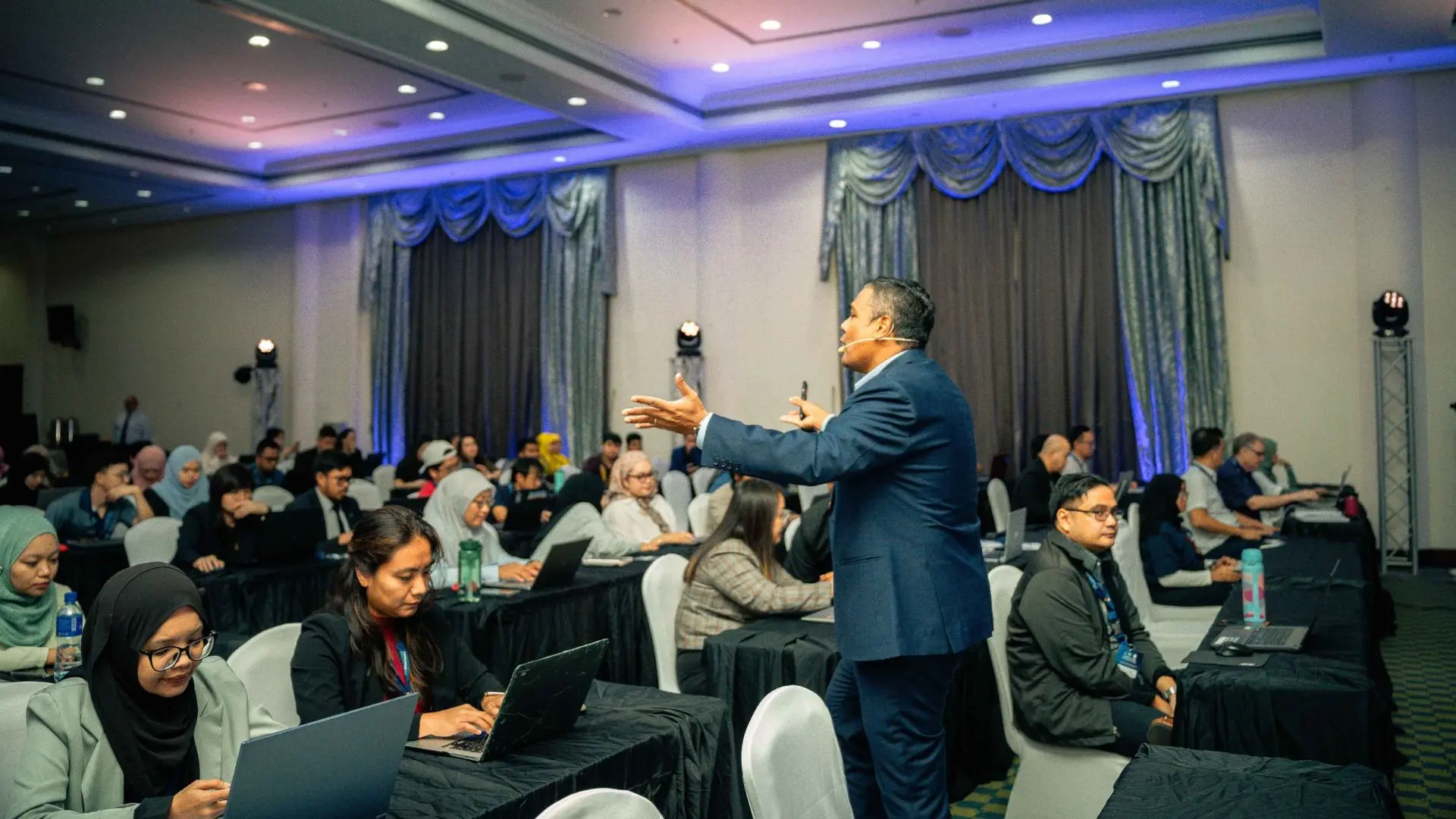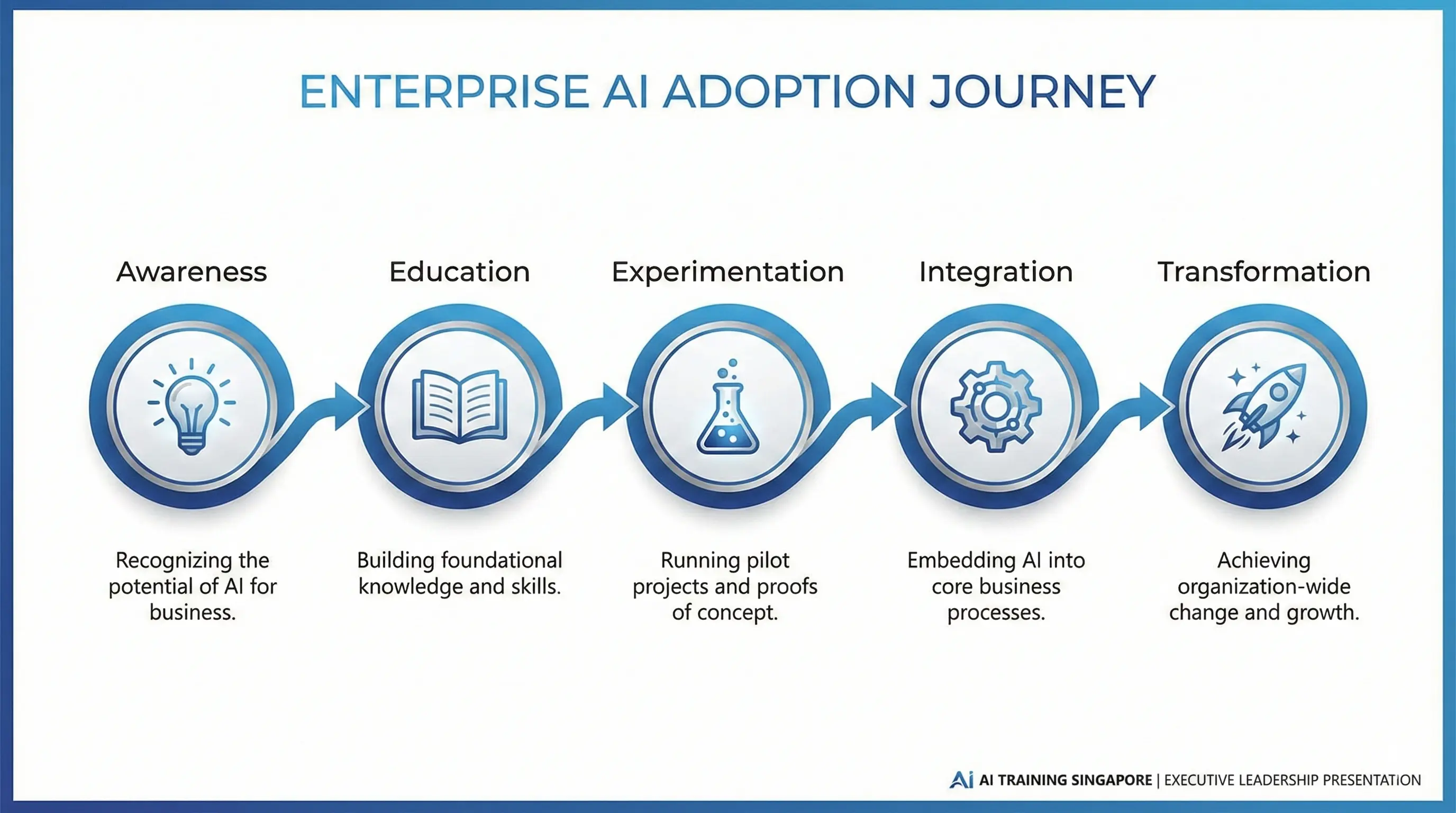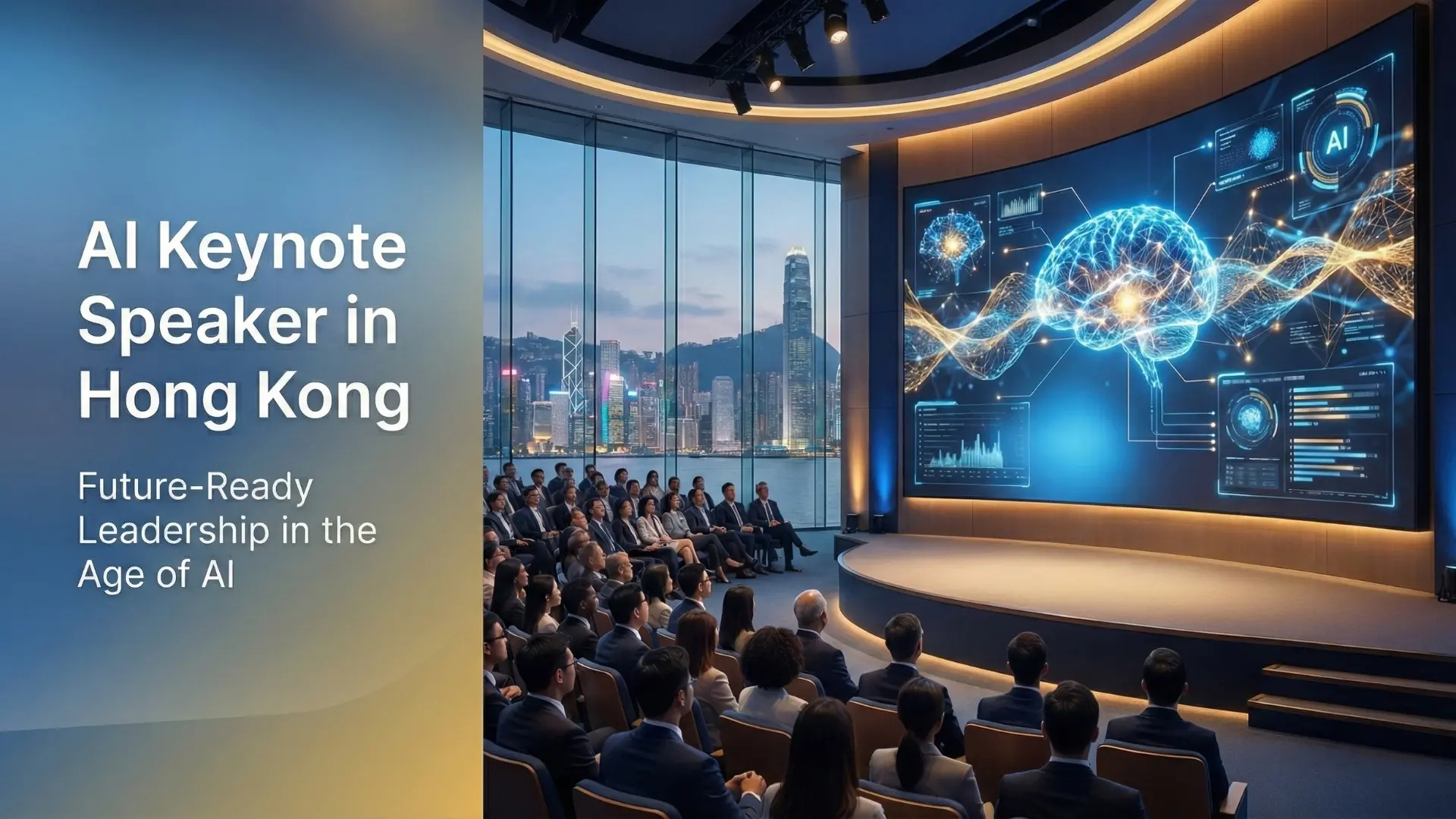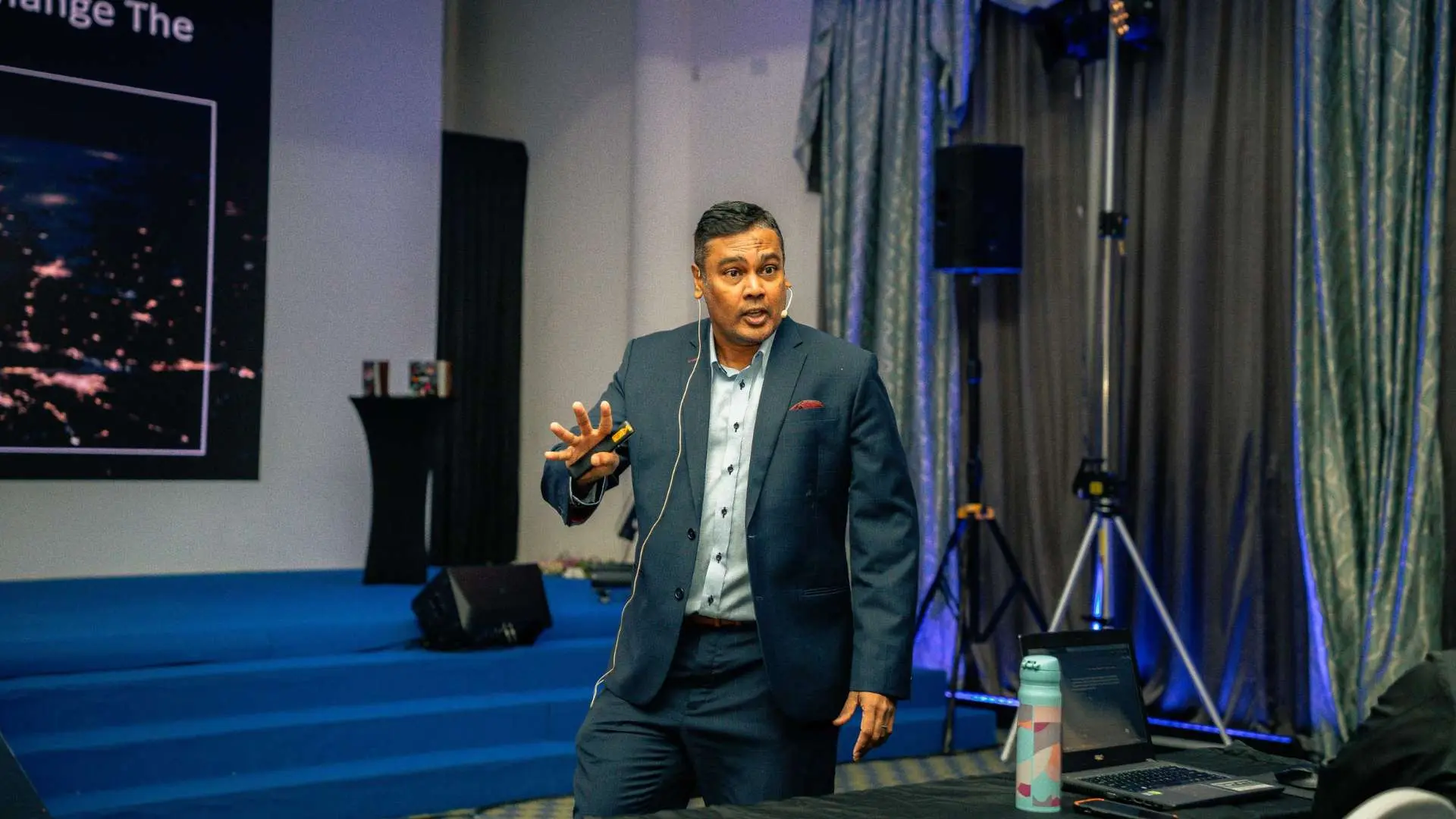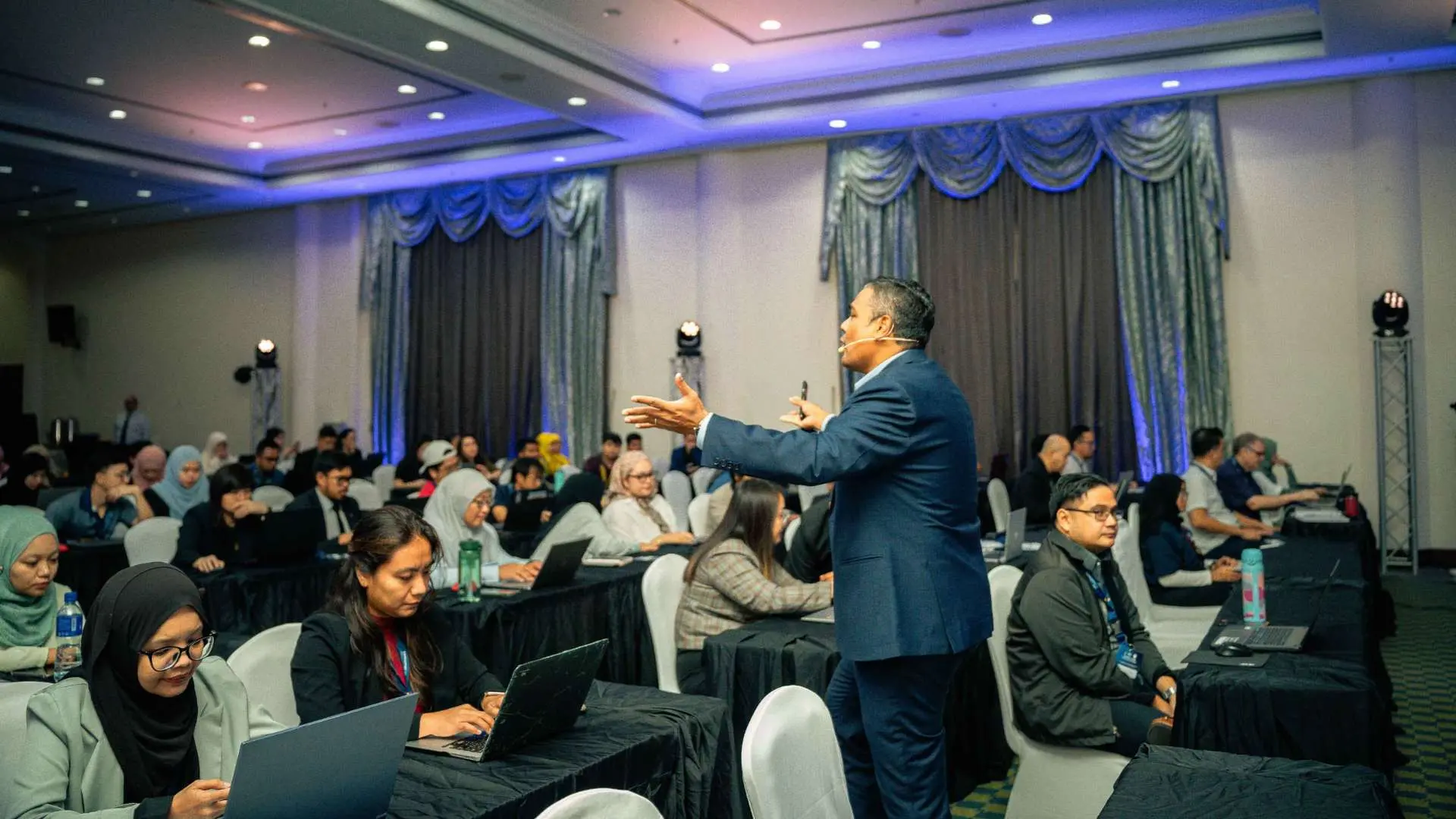Artificial Intelligence (AI) isn’t just a tool for efficiency—it’s a catalyst for transformation. From reshaping how brands connect with customers, to redefining sales conversations, to driving organisational culture, AI is impacting every layer of business.
Yet, many companies are still stuck at “dabbling with AI tools” rather than building AI-driven strategies that scale and deliver impact. Having worked with over 1,000 brands, Fortune 500 companies, and leaders across 37 countries, I’ve seen both the missed opportunities and the breakthrough successes.
Let’s explore how AI is transforming branding, sales, and corporate culture—and what leaders can do to stay ahead.
Why Is AI at the Heart of Business Transformation?
Data tells the story:
McKinsey reports that companies embedding AI across functions can increase profits by 20–30%.
PwC projects AI could contribute up to $15.7 trillion to the global economy by 2030.
Deloitte highlights that over 60% of organisations already use AI for at least one business function—most often in marketing and sales.
But transformation isn’t about adopting tools. It’s about creating brand-led strategies where AI becomes a driver of growth, trust, and culture.
How Does AI Transform Branding?
Branding has always been about perception and trust. AI amplifies this by:
Running brand sentiment analysis across thousands of conversations and AI branding strategies in real time.
Predicting customer preferences to craft more relevant experiences.
Scaling personal branding for leaders—curating insights, visibility, and positioning.
How Does AI Redefine Sales?
Sales is no longer about pushing products—it’s about building meaningful conversations at scale.
AI empowers sales teams by:
Using predictive lead scoring to identify high-potential prospects.
Equipping advisors with AI-powered CRMs that recommend the next best action.
Analysing sales calls and presentations to coach teams on tone, messaging, and engagement with AI in sales
How Does AI Influence Corporate Culture?
Culture has always been a “human” domain. But in the age of AI, culture is being shaped, measured, and reinforced differently.
AI enables organisations to:
Run real-time employee sentiment tracking to measure engagement.
Personalise training through adaptive learning platforms and AI avatars.
Build a culture of innovation by embedding AI into workflows and decision-making with AI corporate training.
What Are the Risks Leaders Should Watch?
While AI creates opportunities, leaders must avoid pitfalls:
Over-automation → Losing the brand’s human voice.
Bias in AI systems → Risking fairness and trust.
Short-term mindset → Using AI for tasks, not transformation.
The Future of AI in Business Transformation
Looking ahead, AI will:
Act as a brand co-creator—shaping stories, campaigns, and personal branding.
Guide sales with predictive intelligence—turning every salesperson into a trusted advisor.
Reinforce culture—helping organisations track, adapt, and lead with purpose.
Final Thoughts: Leading AI Transformation
AI is not a replacement for human creativity—it’s an amplifier. The businesses that win will be those that integrate AI across branding, sales, and culture with a clear strategy and leadership vision.
As a Certified Speaking Professional, Global Brand Thought Leader, and keynote speaker on AI, branding, and corporate culture, I help organisations turn AI from a buzzword into a business advantage.
If you’re exploring how AI training, AI in sales, or culture transformation with AI can work for your organisation, reach out. Let’s design a future where your brand doesn’t just keep up—it leads.
Trending Now - Why Your Personal Brand Is the Most Powerful Business Tool


